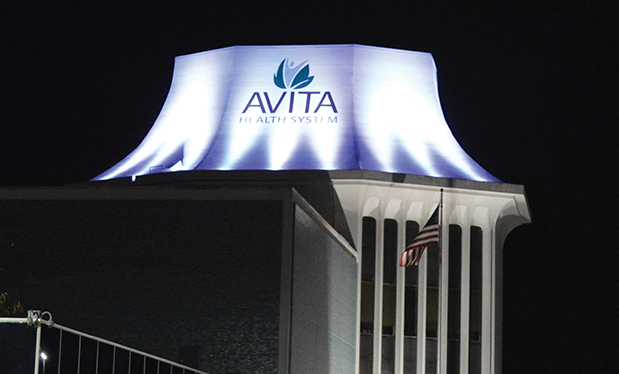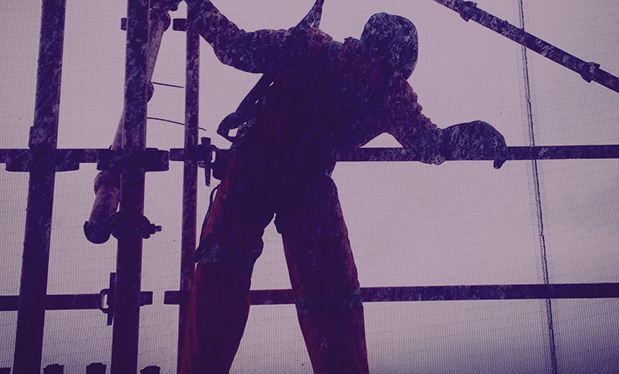We can take some comfort, I suppose, in the fact it could have been a lot worse.
The Occupational Safety and Health Administration (OSHA) has been working on a rule to regulate worker exposure to silica for a long time, and it became clear OSHA head David Michaels wanted to see the rule completed before his term expires at the end of this year. He did it, and it will be his legacy. OSHA's final rule was issued March 25; it goes into effect June 23; and it will be enforced beginning June 23, 2017.
As is usually the case, we learned a lot of lessons through the rulemaking process—some good, some less than good and many reminding us how frustrating the process can be.
As is required in all federal rulemakings, the public was invited to comment and testify at OSHA hearings. NRCA did both, and we take some satisfaction in knowing we were heard. For example, the rule's preamble discusses the impracticality of using wet saws on roofs (though the final rule, in effect, requires them).
We learned, again, that despite receiving opposing comments, OSHA usually gets its way. The final rule is 1,772 pages, and most of it is a legal word salad, the main purpose of which is to scare off potential litigants.
We learned, again, facts don't matter much to regulatory folks. For example, though OSHA imagines the new rule will save 600 lives annually, the Centers for Disease Control and Prevention reports exactly 111 people died from silicosis in 2013. And OSHA estimates the cost for a company to comply with the rule will be in the neighborhood of $600 per year. Just the time required for training will quickly eat up $600 for most contractors.
Still, OSHA responded to our argument that neither requiring respirators for roofing workers in, say, August in Arizona is a particularly grand idea nor is imagining vacuums attached to saws will actually work well on roofs. So we are left with using wet saws and dust masks—still problematic but at least the requirement is straightforward.
Sadly, we all know what will happen in the real world. Professional contractors will try hard to comply and will be cited for minor infractions. Unprofessional contractors will do nothing—or hire subcontract labor that will do nothing—and will, for the most part, go undetected.
The real lesson is we'll spend an awful lot of time, money and energy with little progress toward improving worker health. But Michaels will have his legacy.
Bill Good is NRCA's CEO.



